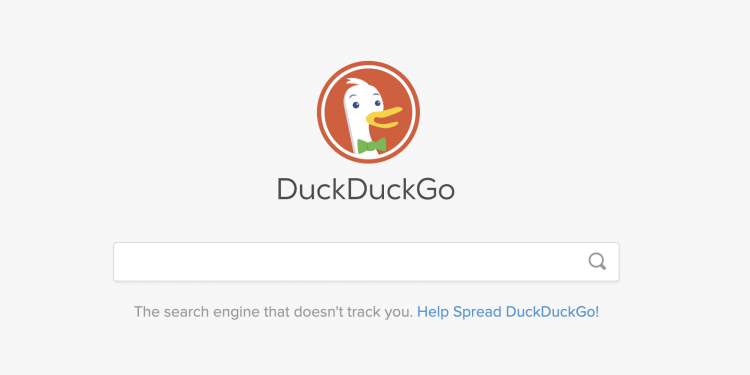New Delhi: Twitter founder and CEO Jack Dorsey last week revealed that he has been using DuckDuckGo as his default search engine for quite some time now, apparently due to its stronger privacy features compared to other popular alternatives such as Google Chrome, among others.
DuckDuckGo claims that it is different from tech giants like Google and Facebook, which track user activities to provide targeted ads and services.
Experts feel that DuckDuckGo is still quite a small player compared to Google Chrome which is used by over 2 billion people globally for Internet browsing, but it can indeed be seen as an alternative for those who care for their privacy.
“One thing that makes DuckDuckGo different from other search engines is that it does not profile its users and show all users the same search results for a given search term which helps in giving out the best searches, cancelling all fake websites and click baits that can easily download themselves into our system,” John Dong, Director, Tenda, a leading provider of networking devices, told IANS.
Launched in 2008, DuckDuckGo’s search engine is far behind Google, with its average number of searches per day reaching close to 50 million, while Google processes more than 3.5 billion search queries a day.
But just because the browser does not profile its users, it does not mean ads are not served on the platform.
“It is a myth that search engines need to track you to make money on Web search. When you type in a search, we can show an ad just based on that search term. For example, if you type in ‘car’, we show a car ad. That doesn’t involve tracking because it is based on the keyword and not the person,” explains the DuckDuckGo website.
The DuckDuckGo browser features smarter encryption and private search — all designed to operate seamlessly together while a user searches and browses the web.
“We are proud to say that at the end of 2016, we surpassed a cumulative count of 10 billion anonymous searches served, with over 4 billion in 2016 alone! We are growing faster than ever with our first 14M day on Jan 10, 2017,” Gabriel Weinberg, CEO and Founder, DuckDuckGo, recently wrote in a blog post.
“In terms of growth, 2018 saw our average daily private searches leap 63 per cent, from 19 million to 31 million. To put things into perspective, that is 723 per cent growth in average daily searches since the privacy zeitgeist of 2013,” Weinberg said.
According to him, people are actively seeking out ways to reduce their digital footprint online. For example, a Pew Research study reported 40 per cent think that their search engine provider should not retain information about their activities.
“DuckDuckGo has a point to prove. However, it is very difficult to get into a territory dominated by godfather of Internet, Google. DuckDuckGo has to do something really great to be seen by potential users,” said Faisal Kawoosa, Founder and Chief Analyst at market research firm techARC.
DuckDuckGo also introduced a fully revamped version of its browser extension and mobile app.
The updated app and extension are now available across all major platforms — Firefox, Safari, Chrome, iOS and Android — so that a user can easily get all the privacy essentials you need on any device with just one download.
The DuckDuckGo browser extension and mobile app comes with a Privacy Grade rating (A-F) when a user visits a website.
This rating lets the users see at a glance how protected they are, dig into the details to see who the company caught trying to track the user and learn how they have enhanced the underlying website’s privacy measures.
The Privacy Grade is scored automatically, based on the prevalence of hidden tracker networks, encryption availability and website privacy practices.
This alternative to the US-based search engine giant aims to expose and block tracker networks watching its users.
The vast majority of websites across the Internet contain hidden tracker networks, with Google trackers now lurking behind 76 per cent of pages, Facebook’s trackers on 24 per cent of pages, and countless others soaking up users personal information to follow you with ads around the Web, or worse, claims DuckDuckGo.
The DuckDuckGo Privacy Protection aims at blocking all the hidden trackers they can find, exposing the major advertising networks tracking its users over time.
(IANS)







































